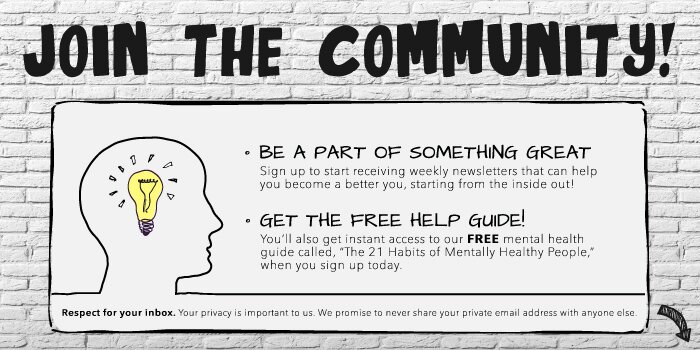What is Sleep Disorder?
Sleep disorders, also known as somnipathy, are disruptions or disorders in the sleep patterns of a person or animal. Some sleep disorders can interfere with mental and emotional functions.
What causes sleep disorders?
Sleep disorders may be caused by a variety of things, such as changes in lifestyle, such as shift work change, environmental noise, various drugs or medications, neck or back problems, chronic pain, incontinence, sciatica, anxiety, stress, ordepression. Poor sleep can lead to an accumulation of sleep debt.
How can sleep disorders be treated?
Generally, treatment for sleep disorder can be grouped into three categories:
- behavioral/psychotherapeutic treatments
- medications
- other somatic treatments.
None of these approaches is sufficient for all patients exhibited sleep disorders. Instead, the choice of a specific treatment depends on the patient’s diagnosis, medical and psychiatric history, and preferences, as well as the advice and expertise of the healthcare provider treating them. Normally, medications and somatic treatments provide more rapid symptomatic relief from sleep disturbances.
Some sleep disorders, such as narcolepsy, are best treated with medications, whereas others, like chronic and primary insomnia, are usually better served with behavioral interventions. Managing sleep disorders that are secondary to medical, mental or substance abuse disorders should focus on the underlying conditions.
For most sleep disturbances, behavioral/psychotherapeutic and pharmacological approaches can be successfully combined to maximize the benefit to the patient.
Common types of sleep disorders:
There are many sleep disturbances, but some of the most commonly experienced include insomnia, narcolepsy, Restless Leg Syndrome, Hypersomnia, Circadian rhythm sleep disorder, tooth-grinding, sleep terror, bedwetting, sleep talking, sudden infant death syndrome (SIDS), sleeping sickness, and snoring. As well, various medical or psychiatric conditions may produce sleep disorders, such as mood disorders, anxiety, panic attacks, alcoholism, or conditions such as schizophrenia.

